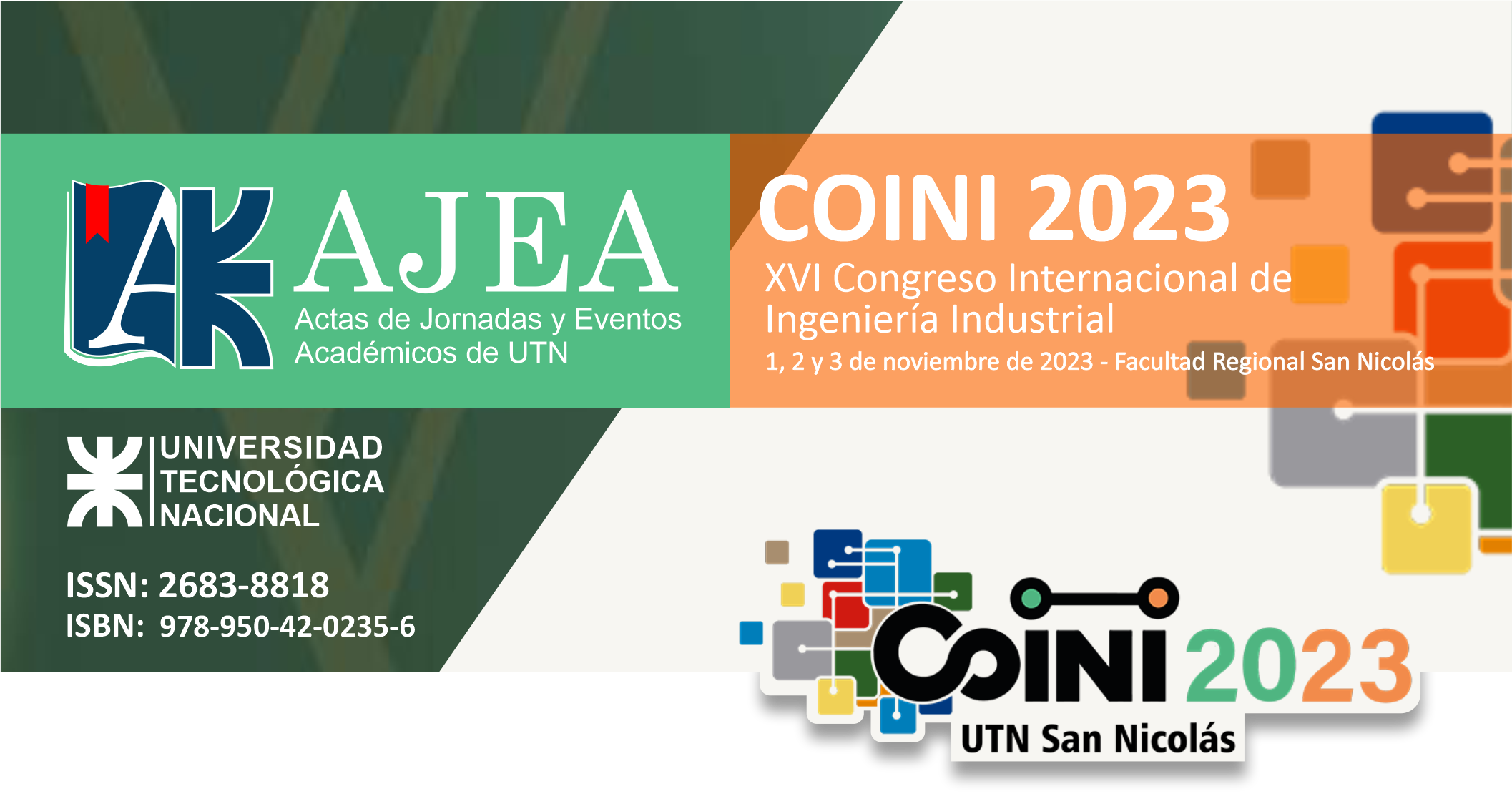ANIMAL TEXTILE FIBER: PROTOTYPE FEASIBILITY ANALYSIS
Keywords:
Animal textile fiber, Quality, Prototype Design, FeasibilityAbstract
In Phase I the project called "Optimization of animal textile production from the application of machine learning algorithms" started its activities in 2020 with the objective of providing an automatic method for the extraction of biomechanical characteristics for the classification of animal textile fibers and the consequent obtaining and measurement of specific parameters that allow determining a quality value.
The quality of the finest Patagonian wool focuses on a degree of white and brightness, purity, low levels of vegetable contamination and good softness, and in the case of wild camelid fibers, the country has great opportunities considering that it is first in guanaco population and second in vicuñas. However, the average producer has little access to technology to obtain accurate and relevant information that will give him a competitive advantage.
In this context, medium-term developments include specialization and intensification of production, including the use of new technologies and more sophisticated marketing methods. These advances are based on the use of information and communication technologies (ICTs) to improve information and training for all actors in the chain.
The marketing of fibers and animals must be based on objective evaluations and this information, together with market information, must be available to rural producers so that they can take the necessary corrective measures.
Phase II proposed "Designing a prototype for the development of an application that allows automatic application", which translates into the development of a prototype that allows validating results in a productive environment and making a technology transfer that provides equal opportunities to micro-entrepreneurs.
In the present work, we intend to carry out a feasibility study that will cover the technical, economic and operational aspects that arise from the union of the two phases as a software product.
Downloads
Metrics
Downloads
Published
How to Cite
Conference Proceedings Volume
Section
License
Copyright (c) 2024 Jorge Abet, Marcelo Arcidiáncono, Blanca Carrizo, Sofía Enamorado

This work is licensed under a Creative Commons Attribution-NonCommercial 4.0 International License.










